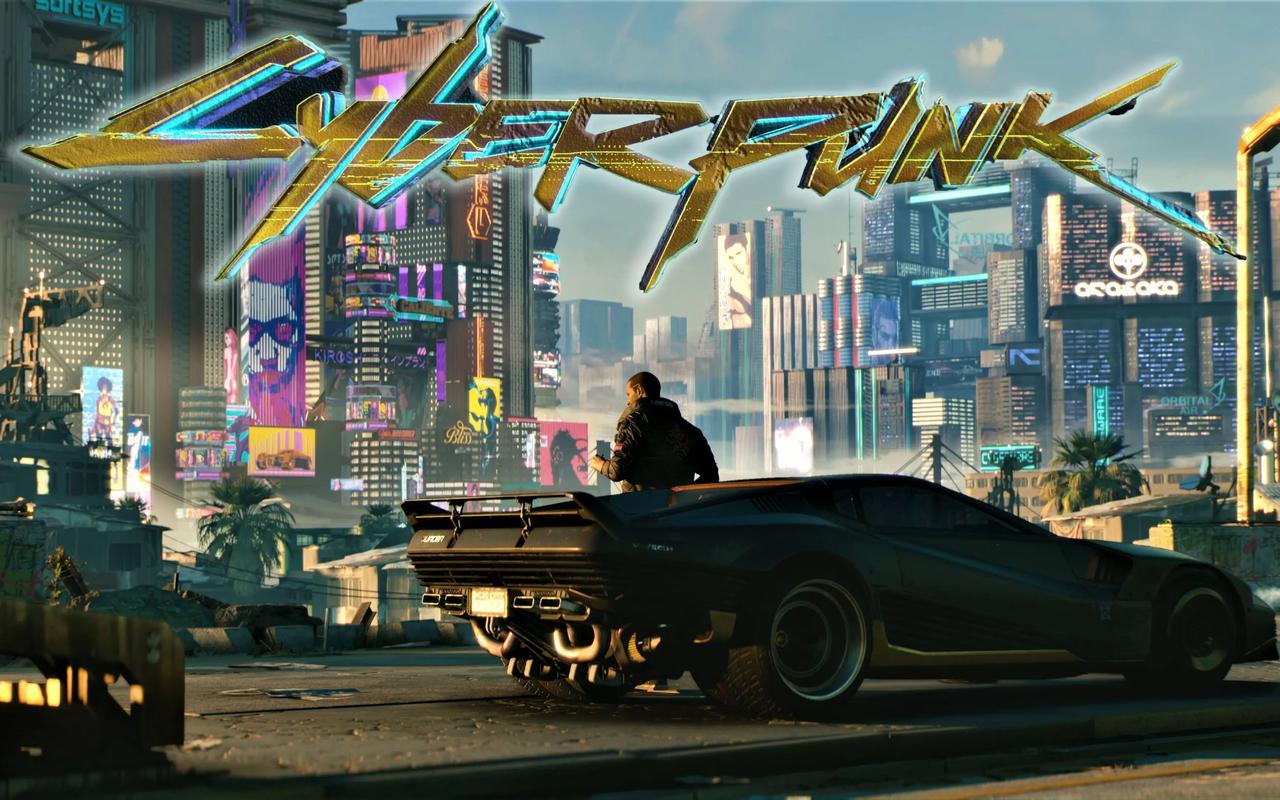The Changing Landscape of AAA Game News Advertising
The world of AAA video game advertising has undergone a seismic shift over the past decade. Gone are the days when a few glossy magazine spreads, a primetime television commercial, and a billboard in Times Square could guarantee a blockbuster launch. The traditional advertising playbook, once the undisputed champion of game marketing, has been fundamentally disrupted by the rise of digital media, the evolving nature of gaming communities, and a more discerning, ad-weary audience. The landscape of AAA game news advertising is now a complex, multi-faceted ecosystem where influence is decentralized, authenticity is currency, and the line between advertising and organic content is increasingly blurred.
The decline of the traditional media gatekeepers marks one of the most significant changes. Major gaming magazines and dedicated TV shows, which once held the power to make or break a game, have seen their influence wane dramatically. Their role has been supplanted by a diverse and vibrant digital press corps comprising established websites, YouTube channels, podcasts, and independent streamers. This shift has forced publishers to rethink their strategy. Instead of courting a handful of editors, marketing teams now must engage with hundreds, if not thousands, of individual content creators and influencers. The "review embargo," a tactic where all outlets are allowed to publish reviews simultaneously, remains a powerful tool for controlling the initial news cycle. However, its power is diminishing as players increasingly value early, unvarnished impressions from streamers they trust over a scored review from a major outlet.
This brings us to the most potent force in modern game advertising: the influencer. The rise of platforms like Twitch and YouTube has created a new class of celebrity—the streamer. For AAA publishers, these influencers are not just another channel; they are often the centerpiece of a marketing campaign. A sponsored stream from a top-tier creator can generate millions of impressions and, more importantly, demonstrate the game in a live, unedited environment. This form of advertising feels less like a corporate message and more like a recommendation from a friend, lending it a credibility that traditional ads lack. Programs like early access for influencers, closed beta keys for their communities, and direct sponsorship deals have become standard practice. The goal is no longer just to show a game but to have trusted voices play it, generating authentic hype and social proof within their dedicated communities.
Furthermore, the very definition of "game news" has expanded. It is no longer confined to previews and reviews. Today, news cycles are meticulously crafted by publishers through a drip-feed of content designed to maintain constant engagement. This "always-on" marketing strategy relies heavily on owned channels and direct-to-consumer communication. Platforms like Twitter, Discord, and official blogs are used to release trailers, developer diaries, concept art, and community challenges. Events like Summer Game Fest and Nintendo Direct have become pivotal moments, replacing the centralized E3 show for many publishers. These digital events are themselves a form of advertising, generating a tsunami of news coverage, social media buzz, and watercooler moments—all carefully orchestrated by the publishers themselves.
Another critical evolution is the move towards participatory advertising. Modern AAA game ads are often interactive experiences. Playable demos, open betas, and public technical tests are now common pre-launch tactics. These are not merely for bug testing; they are powerful marketing tools. A successful beta test, as seen with games like Diablo IV or the various Call of Duty betas, generates immense word-of-mouth buzz, creates a sense of community ownership, and provides countless hours of free advertising on streaming platforms. Players are no longer passive recipients of ad messages; they are active participants in the pre-launch hype machine. Their shared experiences, clips, and memes become the most effective advertisements of all.
However, this new landscape is not without its challenges and perils. The quest for authenticity can sometimes backfire. Audiences are highly attuned to deception, and any attempt to disguise advertising as genuine opinion can lead to severe backlash. Mandatory disclosure laws and platform rules around sponsored content have increased transparency, but the community’s trust is fragile. A poorly executed influencer campaign, where creators are seen as reading forced scripts, can do more harm than good.
Additionally, the sheer volume of content and noise in the digital space makes cut-through incredibly difficult. A publisher is not just competing with other games for attention; it's competing with every other form of digital entertainment. This has led to escalating budgets for marketing, where a significant portion is now allocated to digital ad buys, influencer partnerships, and community management. The risk of oversaturation is real, with players potentially suffering from hype fatigue before a game even releases.

Looking ahead, the landscape will continue to evolve. The integration of data analytics allows for hyper-targeted advertising, ensuring trailers are shown to the most receptive audiences. Emerging technologies like virtual reality and interactive streaming could offer entirely new canvases for experiential advertising. The core challenge for AAA publishers will remain the same: to capture attention and convert it into anticipation. But the methods will keep changing. The future of AAA game news advertising lies not in shouting the loudest from a billboard, but in weaving a game seamlessly into the fabric of digital culture—through trusted voices, shared experiences, and a constant, genuine dialogue with the community it hopes to captivate. The megaphone has been replaced by a conversation, and success now depends on knowing what to say and, more importantly, who to listen to.















